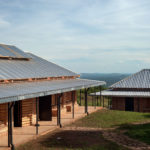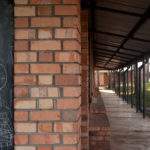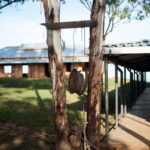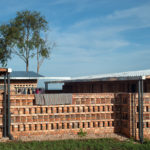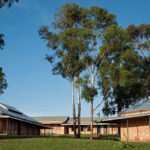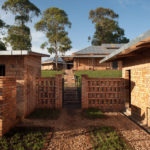COF Outreach Village Primary Schools in Southern Uganda
Project's Summary
The Cotton On Foundation is dedicated to improving educational opportunities in Southern Uganda through its COF Outreach Village Primary Schools project. This ambitious initiative aims to create 20,000 new educational places for primary and secondary school children by the year 2020. The program focuses on constructing primary schools in remote villages across the Rakai and Lwengo districts, ensuring that each school can accommodate 500 students and ten teachers. With three schools completed, five currently under construction, and an additional twenty planned for the next three years, the project exemplifies a commitment to community development and educational access.
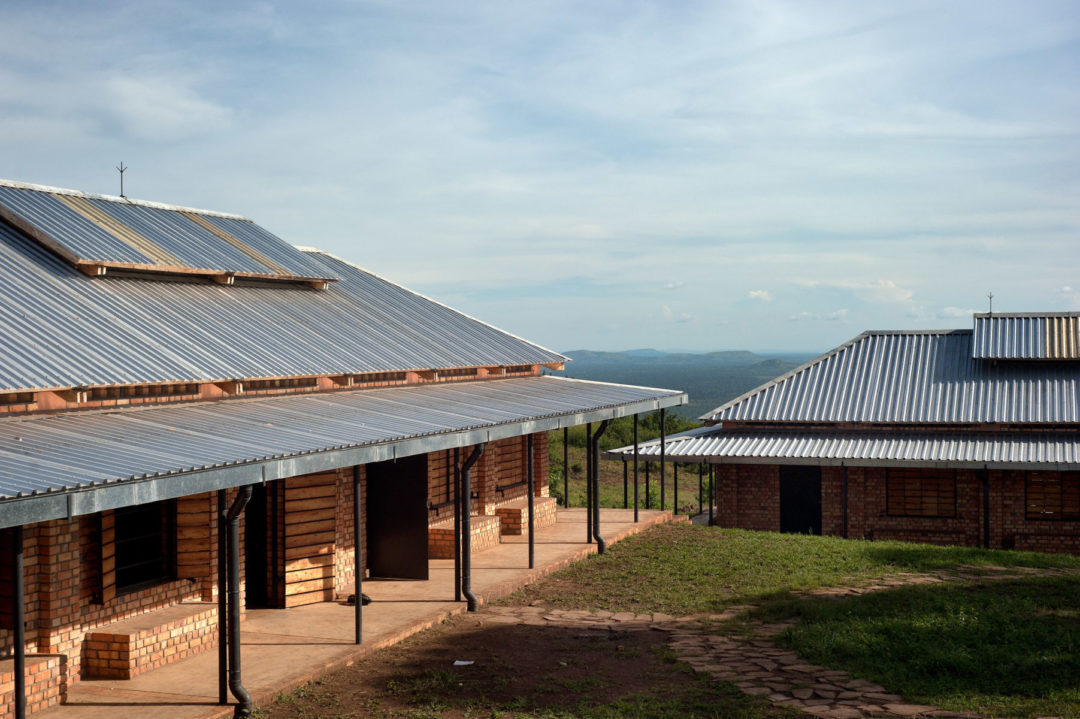
To achieve the project's goals, the Cotton On Foundation enlisted Studio FH Architects to develop adaptable primary school designs suitable for various environmental conditions. The architects faced the challenge of creating buildings that are largely independent of their orientation toward the sun. The resulting classroom block module features covered walkways on all sides, enhancing accessibility and encouraging interaction among students and teachers. A notable design element is the multipurpose space located between two classrooms, equipped with full-width pivoting and sliding panel doors. When opened, these doors transform the space into an enlarged assembly area for school activities, fostering a sense of community.
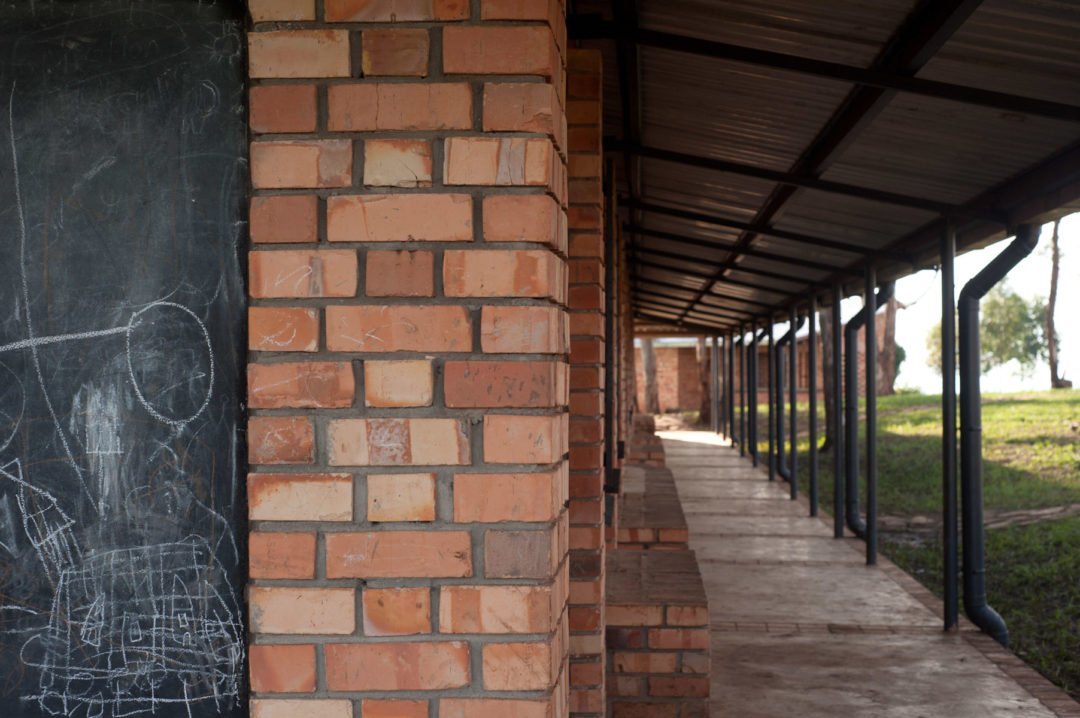
Material selection played a crucial role in the construction of these schools, as the buildings are to be handed over to the Government of Uganda for operation. Understanding the financial constraints of many districts, the project prioritizes solid, long-lasting, low-maintenance materials. The use of cement screed floors, fair-faced clay bricks, and glass-less window shutters ensures durability while being cost-effective. Notably, the yellowish multi-colored clay bricks produced by Butende Brickworks near Masaka not only provide aesthetic value but also contribute to buildings that withstand the test of time, regardless of the dusty or muddy conditions in which they are situated.
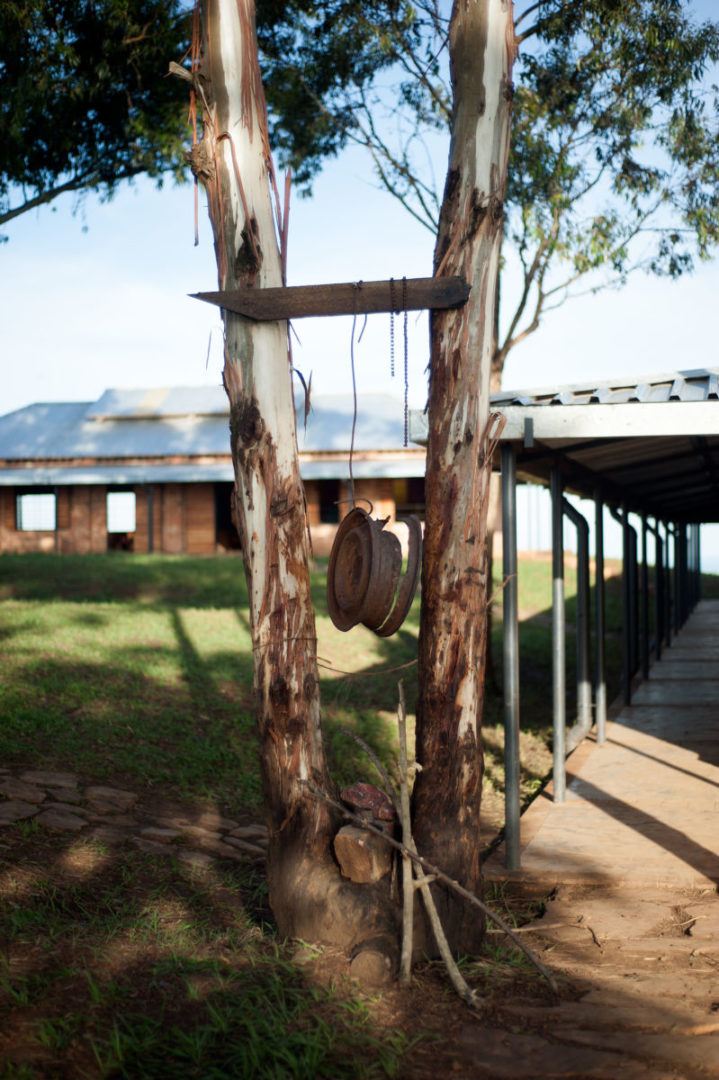
The design of the schools incorporates passive design principles that promote energy efficiency and comfort. Features such as reflective roofing materials, shaded windows, and good cross-ventilation ensure optimal indoor climates for learning. Elevated vent roofs facilitate upward air movement, a common architectural feature in Southern and Western Uganda, while perforated roofing sheets enhance daylight provision even during inclement weather. This thoughtful integration of design and technology creates an inviting and conducive learning environment for students.
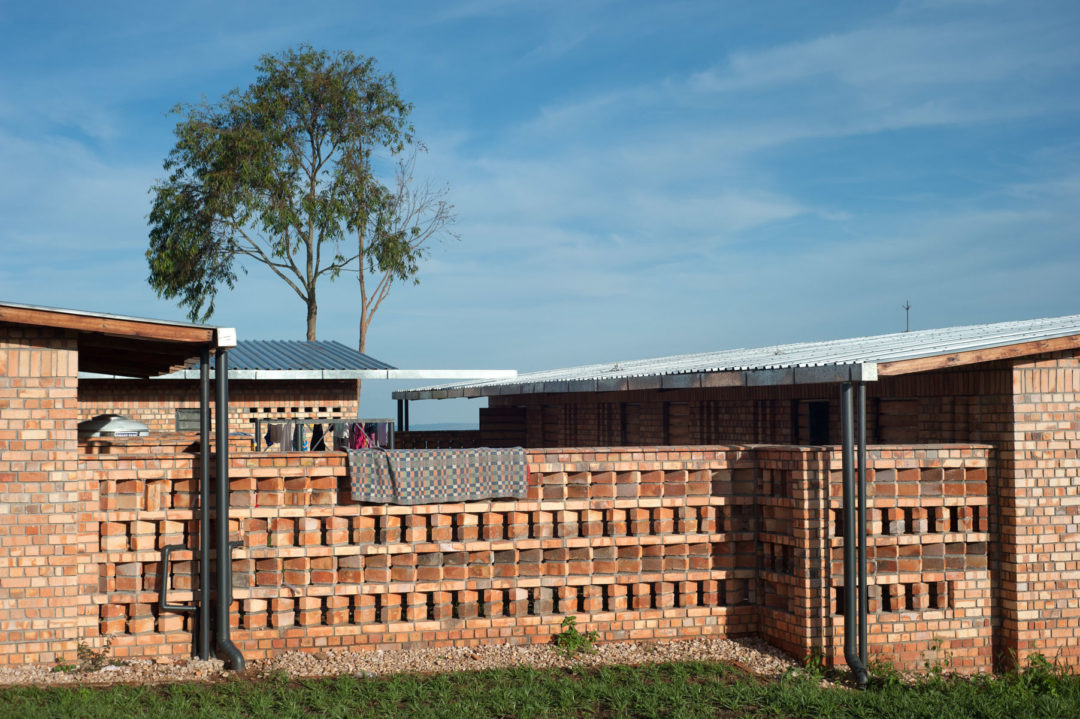
In addition to sustainable architectural practices, the COF Outreach Village Primary Schools project employs various appropriate technologies, including centralized rainwater harvesting systems, biogas digester toilets, and hybrid fuel-efficient cooking stoves. By embracing sustainable technologies, the Cotton On Foundation not only addresses immediate educational needs but also contributes to the long-term well-being of the communities it serves. This project stands as a beacon of hope, showcasing how dedicated efforts can transform lives and empower future generations in Southern Uganda.
Read also about the ITKO: Architectural Masterpiece by Andrea Langhi Design project
